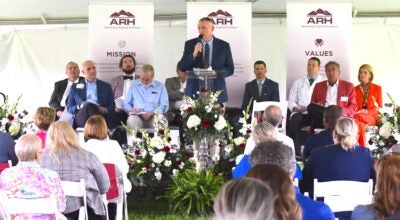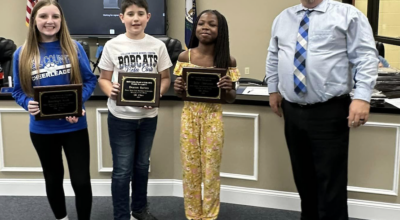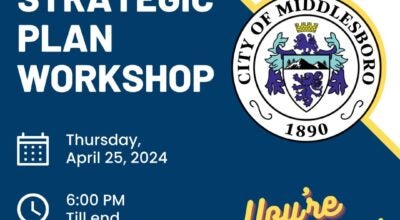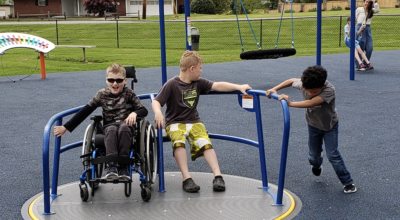Southeast donates PPE to hospitals and clinics
Published 5:00 pm Friday, April 3, 2020
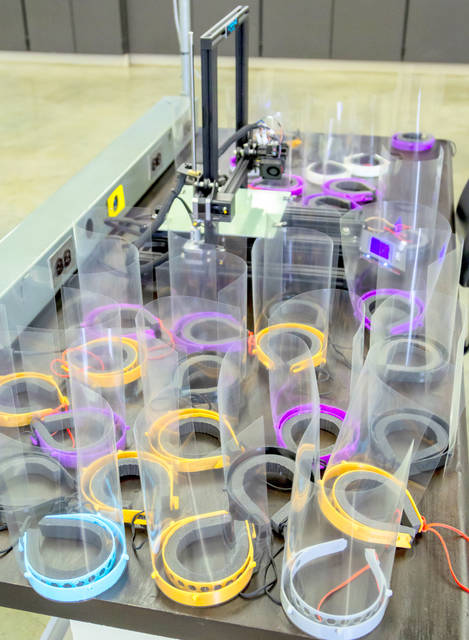
Photo courtesy of SKCTC
The 3D printers at Southeast are capable of making 35 protective face shields per day.
Southeast Kentucky Community and Technical College (SKCTC) has joined other colleges across the Commonwealth in donating much needed personal protective equipment (PPE) to aid health care workers during the COVID-19 pandemic.
According to Southeast President Vic Adams, the College’s Nursing and Respiratory Care programs have donated to six area hospitals: Middlesboro ARH, Harlan ARH, Barbourville ARH, Whitesburg ARH, Harlan Health and Rehabilitation Center, and Pineville Community Health Center. So far, the College has donated over 6,000 masks, nearly 200 gowns, 25 lab coats, and 14 boxes of gloves. The College has respirators, ventilators, and hospital beds on reserve should they be needed.
Southeast continues to use its 3D printers housed in the Middlesboro Campus IDEAS Center to produce protective face shields.
“We are especially proud that we are able to use our equipment to help our fellow Kentuckians,” said Dr. Adams. “We are also proud of these healthcare workers, many of whom are our graduates.”
The IDEAS Center, which stands for Innovation, Design, & Entrepreneurship at Southeast, currently houses seven 3D printers capable of producing 35 shields daily. Right now the College has produced 60 this week that will be distributed to local hospitals and clinics soon.
Dr. Joel Michaelis, vice president of academic affairs, and several members of the College’s maintenance and operations staff are printing and assembling these shields.
“Of course, they are using appropriate social distancing practices,” said Dr. Adams.
The IDEAS Center was made possible by a generous gift from Toyota Tsusho Corporation. The ribbon cutting ceremony originally planned for mid-March has been postponed because of COVID-19, but Dr. Adams says he is optimistic that it will become a hub for aspiring local entrepreneurs.
“In the future, this equipment will be available for people in our community who want to make prototypes for products they would like to develop and turn into a viable business idea,” said Dr. Adams. “Obviously, those ideas are on hold for now, but we are honored that we are able to use our Center to support health care in our communities.”


